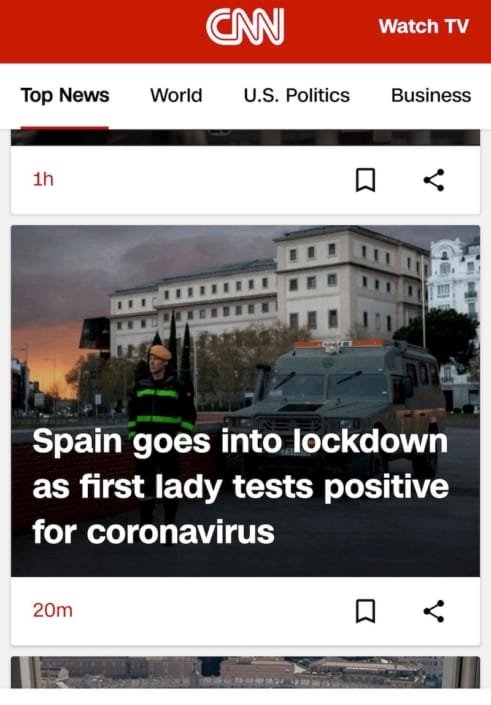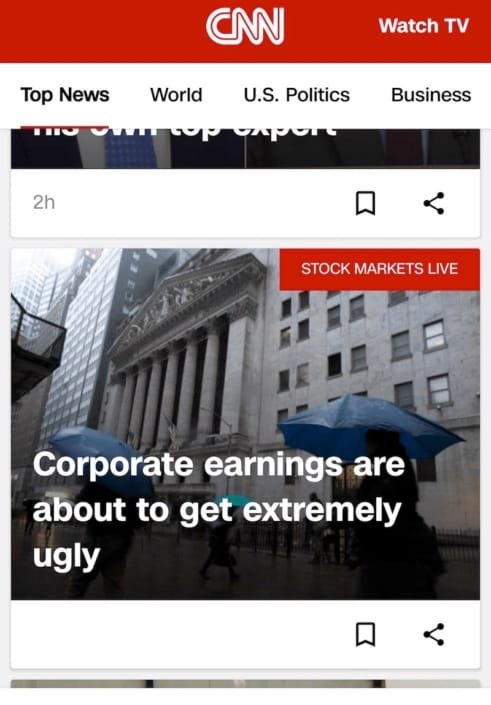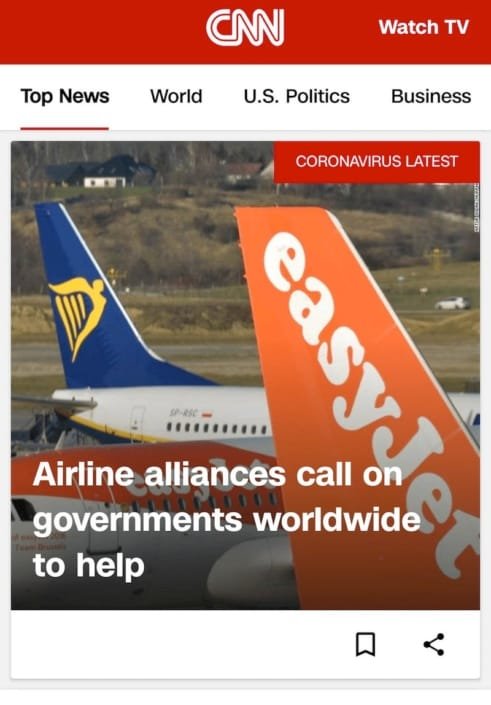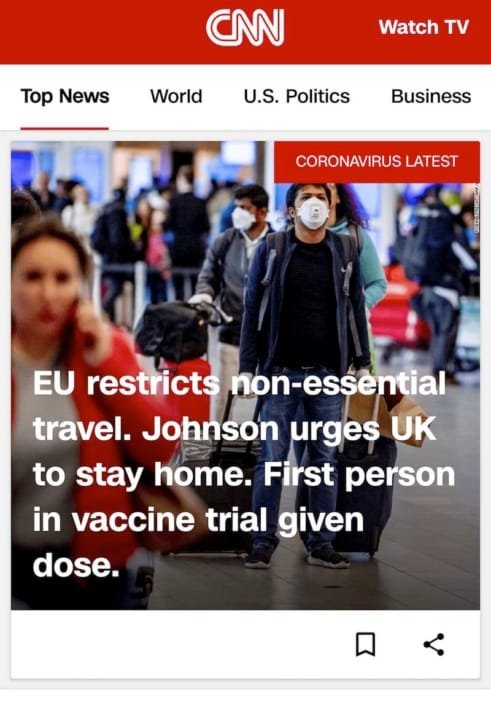The Country Doctor on Snap Judgement
America has had problems with discrimination from day one. Look no further than the death toll of Native Americans, often deemed to be heathens, as settlers pushed onward from sea to shining sea. And with the invention of the cotton gin, wealthy landowners sanctified an increase in slavery, economically justifying the practice of kidnapping, shackling, and selling Africans to the highest bidder.
Then we have the egregious treatment of Mexican citizens. You know, the folks who owned a significant chunk of the Western U.S. until they exited south at gunpoint. And let’s not forget about the treatment of immigrants from China, South America and the Middle East. These are not simple histories. In fact, quite the opposite, as there have always been Americans who were welcoming to people of any country, ethnicity or religion. But discrimination has been, and continues to be, a shameful truth in the land of freedom and justice for all.
It was encouraging to see America make progress on this front during the late 60s into the 70s and 80s, but backsliding on the ideal of equality was evident from the 1990s onward. Slowly at first, but rapidly accelerating over the past 3+ years with public displays of hate and prejudice seen in many parts of the country. Displays without remorse of apology.
But all is not lost. Hearts can soften and open with grace whenever people resist stereotyping and instead rely on the power of human connection to speak truth to hate. Whenever we remove the wall of discrimination long enough to forge meaningful relationships, a space for the miraculous appears. A space where healing and justice coexist alongside internal struggle.
Snap Judgement recently broadcast a story that I highly recommend listening to. It was one of those rare podcast episodes that stopped me in my tracks, as I needed to hear the story of Dr. Ayaz Virji until the very end. Give it a listen.
When Dr. Ayaz Virji first set foot in Dawson, Minnesota, he didn’t know what to expect. He was a brown Muslim man walking into a predominantly white rural town. But much to his surprise Ayaz and his family fit right in. Dawson quickly became home and his neighbors became like his extended family. Then came the presidential election of 2016.
Dr. Ayaz Virji was aware of the positive impact he could have on a small rural town serving as a clinic medical director and chief of staff. And while the community embraced his family upon their arrival, and he enjoyed working with his patients, an abrupt change in the national political climate upset his view of the world, and his place in it.
The narrative follows Dr. Virji’s journey of self-discovery and reflection, of confrontation and conversation within the town after the 2016 election. As you listen to his story, think about the decisions made along the way, by all parties, but especially by Dr. Virji. How did each decision alter the plot of the story? How would you have reacted?
With my white, middle class background, living a life free from discrimination, it’s hard for me to wear his shoes (or anyone else in similar circumstances), to understand his decisions, to feel the pain and frustration that I clearly hear in his voice. What would I have done?
I continue to struggle with recognizing and dealing with the rifts of hate and discrimination in society, but as all impactful stories do, this podcast has altered my frame of reference, and I now view my own story through a new lens. And hopefully it will also make me a better storylistener.
Nancy López is a senior producer at Snap Judgment. She started in radio in 2006 when she joined Soul Rebel Radio, a collective of novice storytellers in Los Angeles. Since then, she’s worked as a producer for Radio Ambulante and Making Contact. Her stories have been featured on PRI’s The World, KALW in San Francisco, and Radio Bilingue.
The Country Doctor – Season 11 – Episode 18 – Produced by Nancy Lopez, Original score by Renzo Gorrio, Artwork by Teo Ducot – Snap Judgement founded by Glynn Washington.
contact me to discuss your storytelling goals!
◆
Subscribe to our newsletter for the latest updates!
Copyright Storytelling with Impact – All rights reserved









